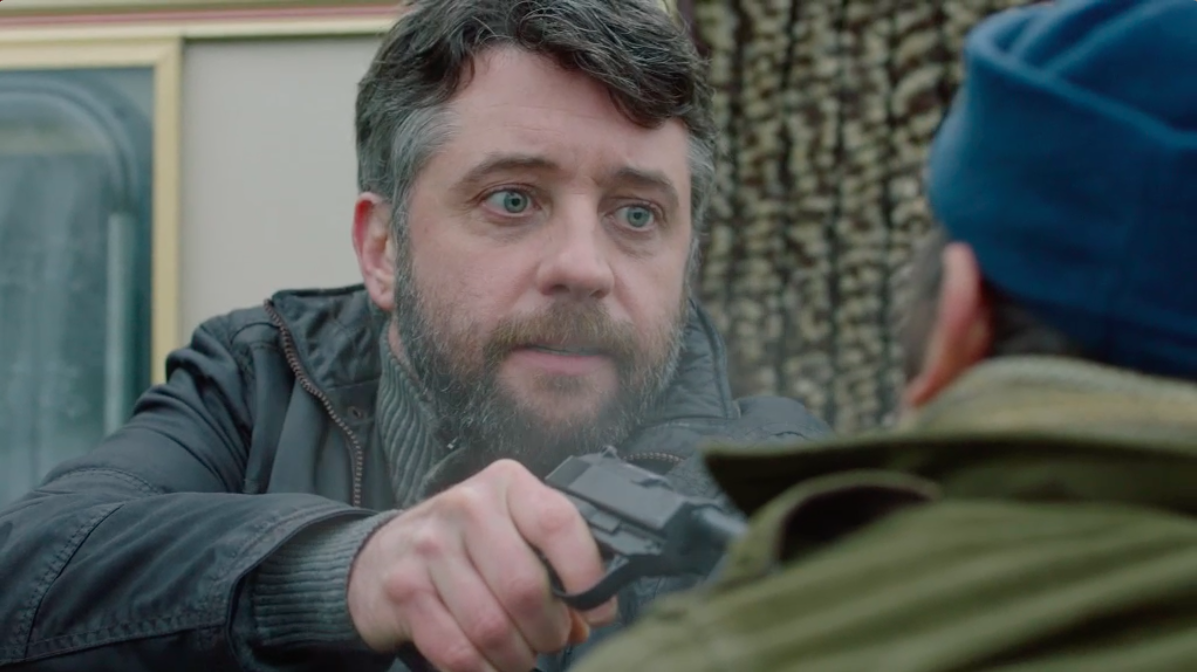

The Internet Archive vastly expanded the kinds of material it collected, until it overflowed not just with replicas of defunct websites but with concert tapes, 78 rpm records, radio serials, video games, magazines, movies, and more.
#AMNESIAC MOVIE TPB DOWNLOAD#
(Fans were also more likely to download songs they could easily buy at the store, as opposed to rarities and ephemera.) Soon we had YouTube too, and it gradually evolved into an enormous repository for the world's audio/video odds and ends. Napster came along, and other peer-to-peer networks followed the music available became more copious, and the people providing it became more anonymous. People started collecting MP3s along with their tapes and vinyl. Over time, the network moved deeper into cyberspace.

She returned the money, telling me she didn't feel right about taking it.) The network was sprawling yet intimate, flourishing somewhere in the zone between the online and the offline. but not the United States, I mailed her a blank tape and some cash to cover her shipping costs. (When another member of the Kinks list offered me a recording that had been released in the U.K. The ethos was friendly and, for the most part, noncommercial. Or you could wander into a digital crowd of music nerds-not just the two or three you might happen to know in your day-to-day life-and discover what unknown wonders they had to share. With the internet, you could enter a few keywords into a search engine and find someone offering a recording that you knew only as a rumor. But it was much more efficient than the music-swapping subcultures that preceded it. Looking back from today, this process may sound absurdly inefficient. Revisiting our 27-year-old correspondence, I see that at one point he told me that he could dub videotapes more quickly than audiotapes because he could copy the videos at his job. In exchange for those tapes, I sent him copies of several items from my own stash of music, including the freshly acquired Dylan/Cash bootleg. I belonged to an email list for fans of the Kinks, and someone on it had promised to ship me some rare material by the band. It now contained one great performance-a cover of Carl Perkins' "Matchbox," with Perkins himself on guitar-and several endearingly sloppy ones. I sent the man an email, he agreed to share the recordings with me, I mailed him a blank cassette, and two months later the tape came back. In those days, acquiring illicit music on the internet was a low-tech, largely analog process.

One of the songs had gotten an official release, but the rest had been left in the vault, for most fans little more than an enticing legend. Long ago, when telephones were attached to walls and Sam Goody clerks roamed the earth, I stumbled onto a website whose proprietor possessed some of the sessions that Bob Dylan recorded with Johnny Cash back in 1969.


 0 kommentar(er)
0 kommentar(er)
